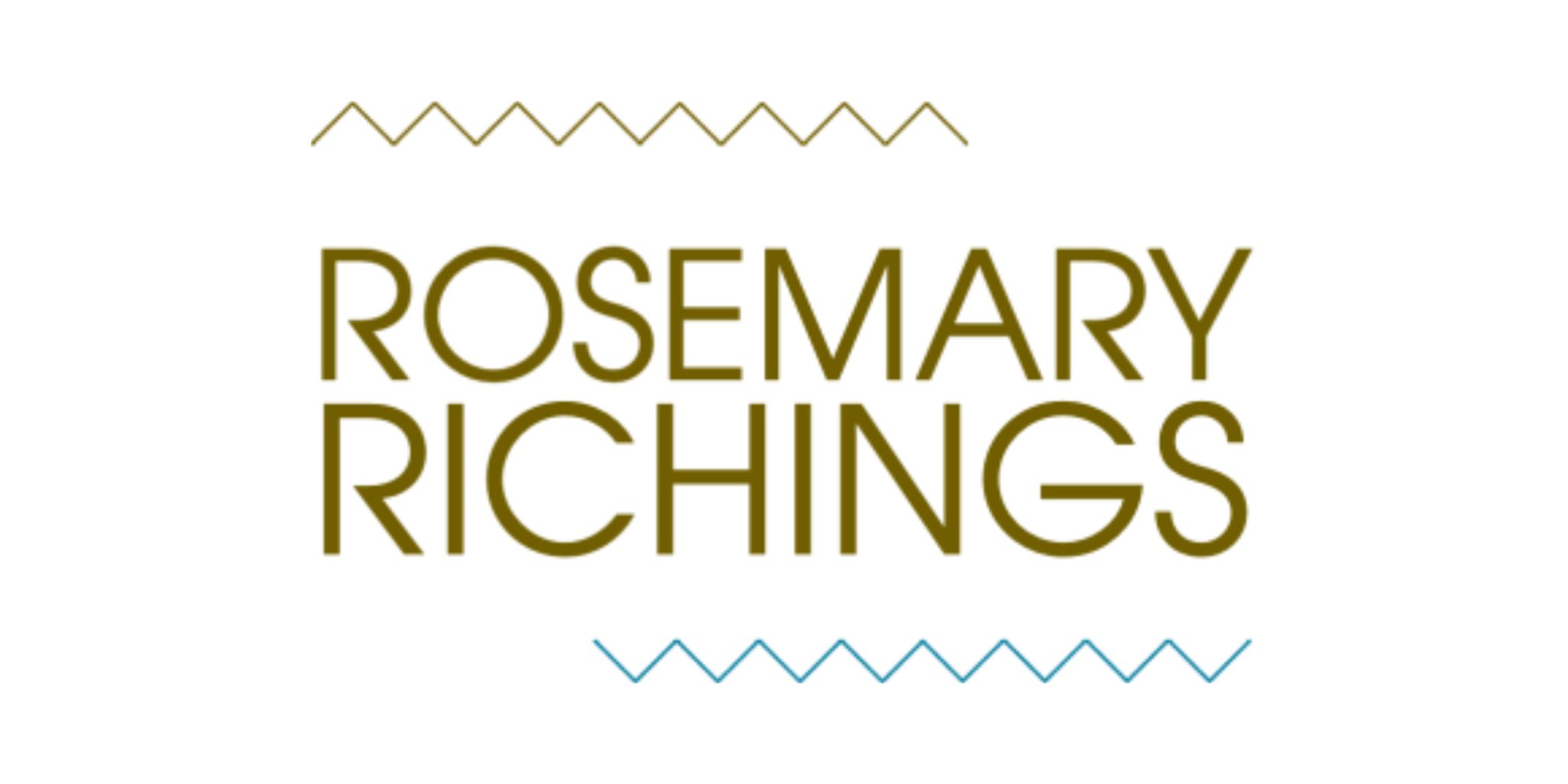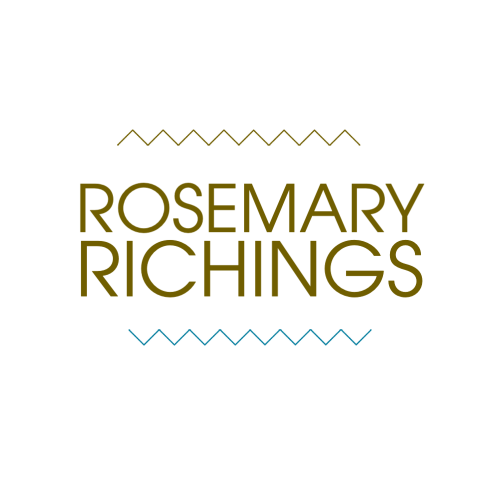My memories of podcasting in the early days are a combination of positive and negative. I met a lot of amazing people and had some great conversations. But sometimes I felt like giving up on podcasting because, from time to time, technology refused to cooperate. One of the memories of podcasting that stuck out to me the most was just how much a like-minded community can make an impact…
This is one of my most important memories of podcasting, because it motivates me when I feel like giving up.
As I mentioned in my recent Medium Digest post, interviewing female entrepreneurs from around the world had a huge impact on me because it helped make the loyalty and dedication of the people who follow my work even stronger.
But, when I look back on my memories of podcasting, a few key lessons stick out the most.
1) Nothing will ever be as “perfect” as you want it to be
I’ve produced 27 episodes of my podcast so far. And one of the most important things my memories of podcasting taught me is just how much maintaining your sanity is about embracing chaos.
But I feel like embracing that chaos is as much about sanity, as it is about keeping things raw and authentic. I’ve had everything from …
- Coughing, sneezing, and random fits of laughter
- To sounds of passersby, doorbells, and phones
… show up in conversations.
Not to mention, glitches happen. Here’s how I described those glitches to someone who was considering using the same podcasting app as I do:

Every time these things show up on my podcast I have three options:
- Edit them out of the recording (not an option when they show up frequently)
- Use the noise reduction tool on Audacity
- Keep them in the recording, and make a stylistic decision to treat them like part of the atmosphere. This is often my solution when getting rid of background noise makes the recording sound muffled.
2) Being open to sharing other peoples’ stories can pay off in a huge way…
My biggest mistake I made when I first started writing was just how much I made things about:
- My story
- And my way of doing things
And that was a lonely and not very strategic decision. But starting a podcast where the first season focused on other peoples’ stories unlocked valuable opportunities to strengthen the reach of my content.
A great example of this was one of my past guests, Miranda Nahmias…
Only a few months after she was on my show, I applied to be a guest speaker in her membership group. And I found that having her on my show had a reciprocal impact:

Although we knew of each others’ work before I invited her to be a guest, this opened up new opportunities to be part of each others’ professional network. We’re now Facebook friends, and follow each other on Twitter and LinkedIn.
I always encourage new creatives to establish professional relationships with other creatives. Because not only can we learn from each other, but we can also become a lot more familiar with each others’ work. Having guests on your podcast is one of many ways to build relationships with people who are likely to be a beneficial contribution to the future of your business.
3) Longer is not always better, shorter is not always the worst…
To explain what I mean by that, I’m going to tell you about one of the most challenging things I remember, when I look back on my podcasting memories.
My mother is Canadian, and my father is a Brit who immigrated to Canada when I wasn’t even born yet. I’m also a reserved introvert by nature. All of the above are lovely qualities in social circles. But sometimes they don’t exactly work in my favour.
The biggest curse that comes with all those things are the not so great parts of being too polite. The Canadian in me just wants to apologize for interpreting or even taking up space. And the British part of my upbringing doesn’t want to be a “bother”.
Not to mention, the introvert in me just wants to listen more than I talk; and I’m always, secretly looking forward to not talking to people for a while after the recording.
The thing about my first season is that most of my episodes were guest episodes…
So, one of my worst memories of podcasting was just how much I hated telling them to wrap it up. Especially when the conversation goes overtime.
But that didn’t turn out to be the worst thing. In fact, I’ve found that my 15-minute episodes got just as many listeners as my 40-minute episodes. However, the number of podcast listeners who listen to the entire episode is less than it was in 2017.
Instead of sticking to just one episode length, I let the conversation go for as long as it needed to. Then, if I felt like a topic didn’t get enough coverage, I’d add a relevant resource to the show notes.
4) Your toughest critic is you…
Podcasting is an empowering medium for me. Because it is a constant reminder that others see value in what I have to say. This statement often surprises people, so let me explain.
Even though I always appear confident on the outside, public speaking and most networking events make me anxious. It’s a problem that traces back to my days of being a student.
And to run my own business, I’ve developed a ton of coping mechanisms. These coping mechanisms are the reason why my feelings of anxiety rarely stop me from attracting clients or sounding great in media appearances.
Not to mention, being the performer for a long period of time exhausts me.
But, with podcasting, it feels a bit different than having a “regular” conversation with strangers…
Because, even if it’s just me talking, it’s an opportunity to talk in a way that feels comfortable to me. In fact, I love that it’s never, 100% about me.
It’s about having a deep conversation that enriches and improves the lives of the listener. There’s no small talk. There’s no competition to be the loudest person in the room or the smartest individual.
It’s just a chance to help people, and give them a chance to get to know the person behind the brand a bit better.
And I think people respond extremely well to that. For instance, one of the podcasting memories that stuck out the most was something a guest had to say about our interview:

I always think there’s something I can do better with my episodes. But when someone finds value in the subject matter, I realize just how much of that assumption is in my head.
5) Podcasting is a lot of work…
When I first started podcasting, I knew that I wasn’t exactly making things easy for myself. Because blogging, like podcasting, is about a lot more than just the creative process.
But despite all that, the amount of work required behind the scenes to release podcast episodes on a regular basis surprised me. I quickly realized that the podcasts that influenced me the most had large teams, and each team member handled a specific task.
As an independent, I realized that the best I could do is find my own way of doing things. Because I had a business to run…
Along with graphics to create, guests to arrange interviews with, show notes to create, etc.
And I realized I couldn’t operate in the same way as people with large teams. Because that’s not what I have at my disposal. So, I developed some methods to cut down on the amount of time required.
This involved tactics like:
- Taking a few-week-long break when I’ve produced ten new episodes.
- Only setting aside a few time slots for calls and recordings with guests.
- Setting aside a once a week time slot for podcast related tasks.
- Being kind to myself and my mental health, when my client workload is too intense to handle the work required to release a new episode. This often involves postponing the release of an episode until I’m ready to release it.
- Limiting sound editing to just the addition of intros, equalizing the sound, and background noises that are far too distracting. Sometimes, I’ll even leave in background noises if they make the listener really feel like they’re in the same room as I am.
However, despite all that I do my best to release new episodes regularly…
While still forgiving myself when work and life get in the way. And when some aspect of podcasting just isn’t working for me, I try a different approach.
If you’re reading this, you’re likely considering podcasting for your business. So, here’s something I want you to keep in mind. Even though my memories of podcasting provided a transparent and critical view of podcasting, I’m not telling you to give up on the concept of podcasting. If, despite everything you’ve heard you still want to start a podcast, you’re likely doing this for all the right reasons.
In fact, the only way you’ll find out is by learning from other podcasters and giving podcasting a try. Start small by being a guest on other peoples’ podcasts and see if you enjoy the process.
Then, experiment with short, solo recordings and see what you think of that. This is the only way you can know for sure if this is a medium worth exploring.
PS: New articles are published bi-weekly on Mondays. Browse more posts:
50+ B2B articles →
100+ writer-to-writer articles →




